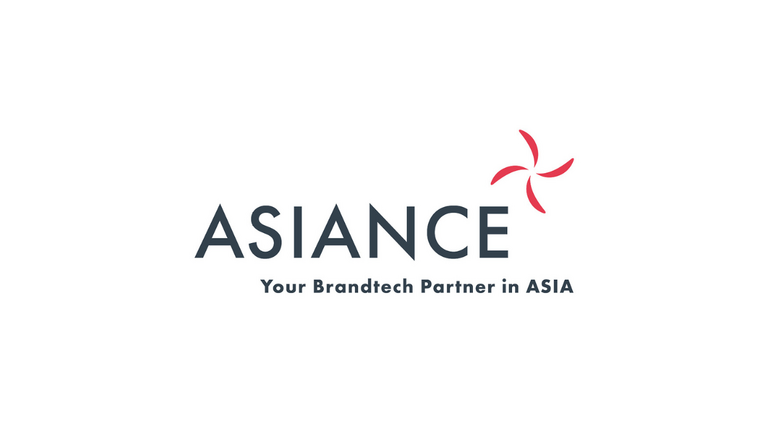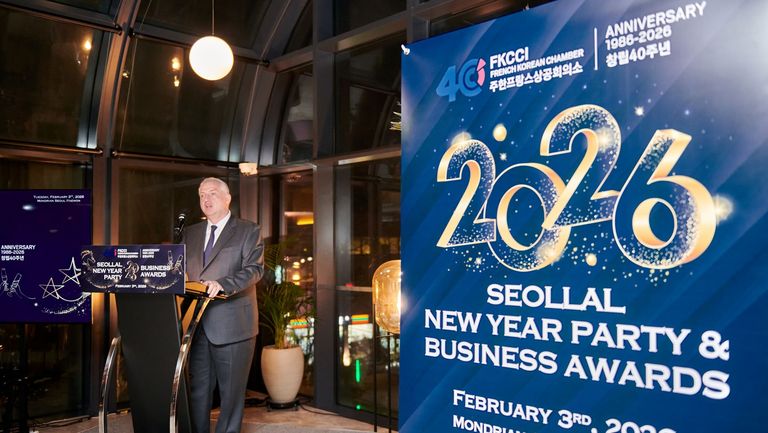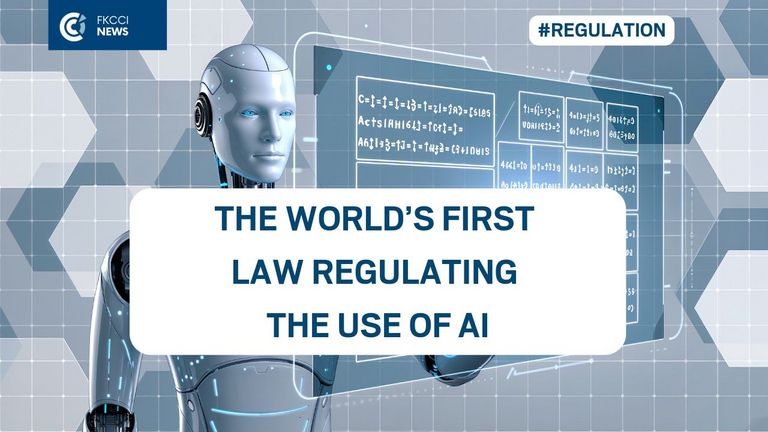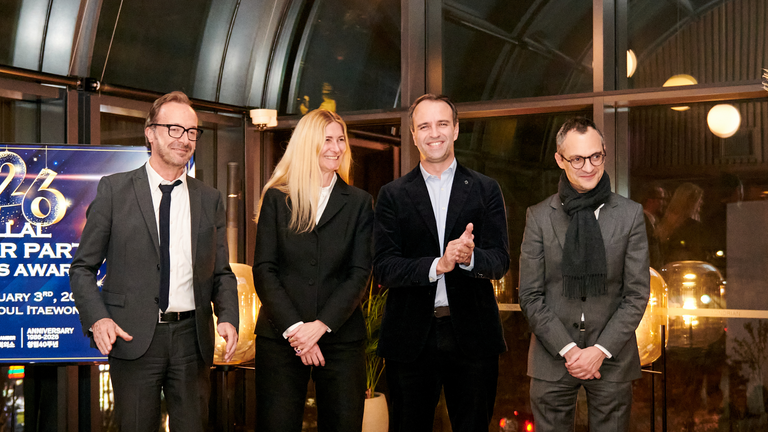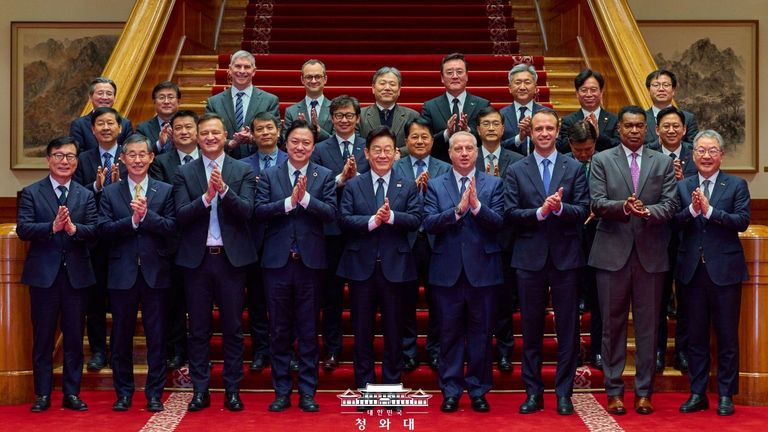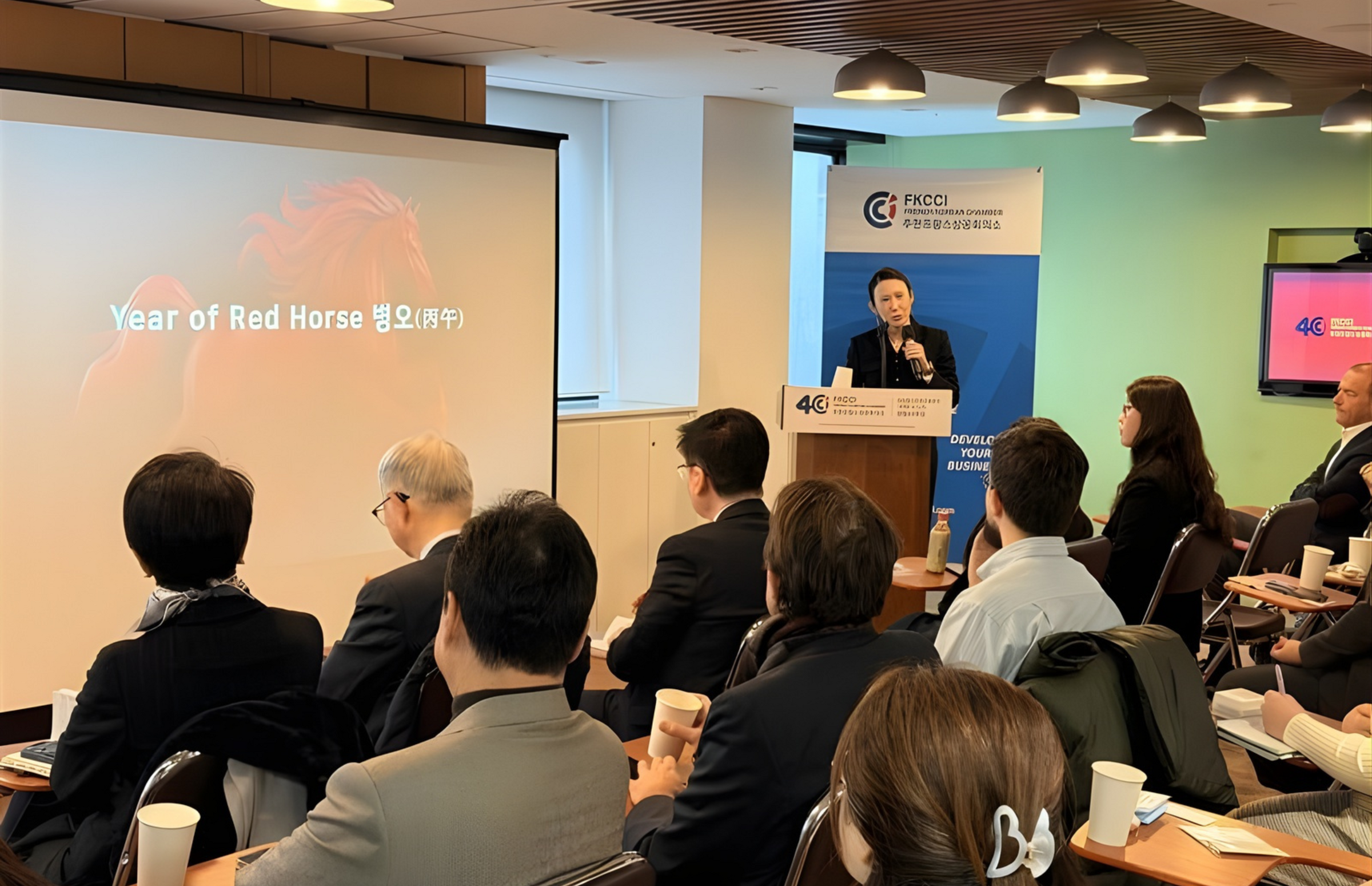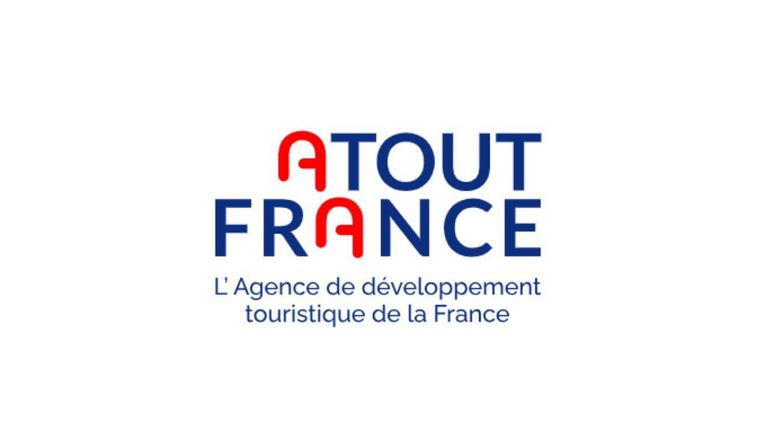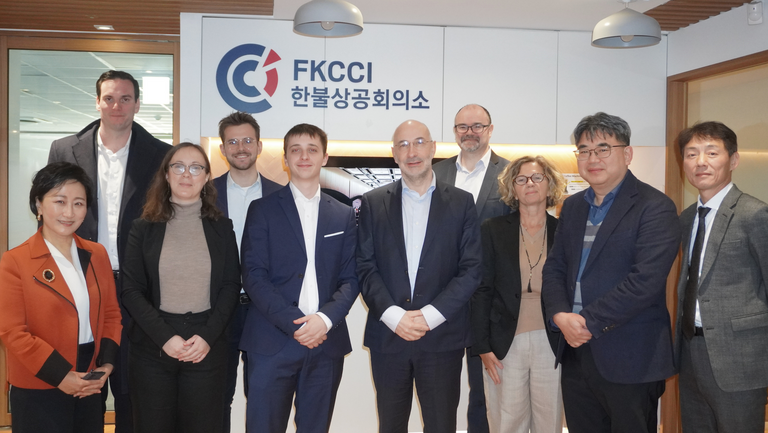Secteurs & marchés
South Korea's Economic Indicators in Early 2024
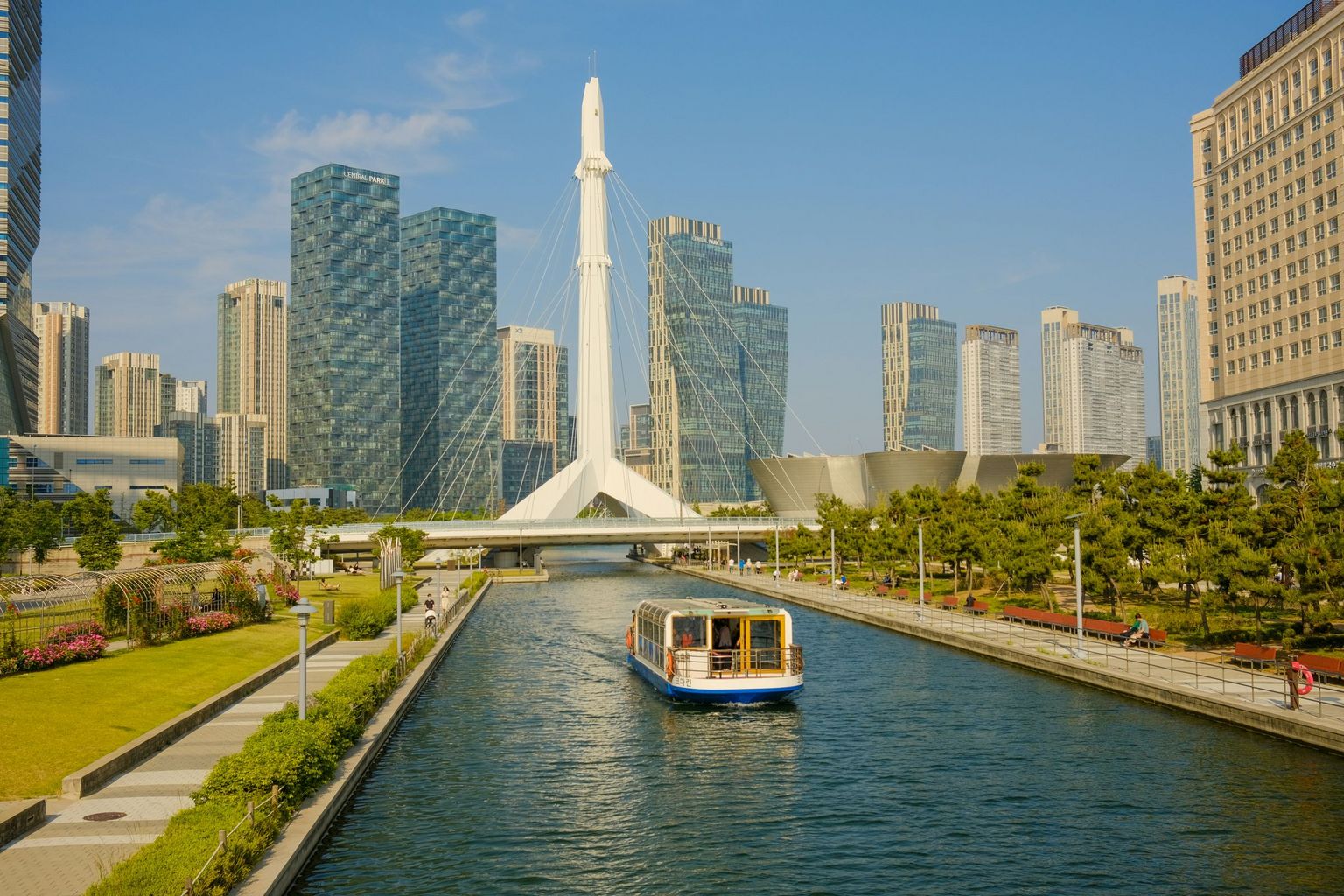
In line with both national and international forecasts, South Korea's economic growth in January 2024 stands at 1.4%.
Economic Policies
In line with both national and international forecasts, South Korea's economic growth in January 2024 stands at 1.4%. This growth was made possible by increases in goods exports (+2.9%) and household spending (+1.8%), offsetting a decrease in goods imports. Investments also rose to 1.2%, boosted by increases in construction, intellectual property, and equipment purchases. Despite the economy maintaining a growth of 0.6% in the fourth quarter of 2023, a significant drop in construction investments was observed, attributed to a crisis in the real estate market.
Nevertheless, the country’s foreign trade is facing challenges. Exports reached 633 billion USD in 2023, primarily driven by semiconductors, automobiles, and chemicals. Although export volume increased, some price reductions were recorded.The United States becomes South Korea's top trade surplus partner (44,4 billion USD), followed by Vietnam (27.5 billion USD), while exports to China declined. China now constitutes South Korea's third-largest trade deficit (18 billion USD), following Saudi Arabia (27 billion USD) and Japan (18.6 billion USD). South Korea is also grappling with a wave of defaults in the real estate sector following the Taeyoung E&C incident, prompting government intervention with financial support measures.
Businesses
Against a backdrop of risk reduction, the South Korean government announces a massive 472 billion USD investment in a semiconductor cluster in the south of Seoul, aiming to enhance the country's self-sufficiency in this sector. Companies such as Samsung Electronics and SK Hynix plan to invest significant amounts in new production facilities. However, challenges remain, including delays in U.S. projects and geopolitical uncertainties in China.
Furthermore, South Korean companies are calling for relaxation of U.S. rules on sourcing critical minerals from China, fearing excessive dependence. For instance, Hyundai criticizes the strict criteria of the Inflation Reduction Act, which excludes Chinese suppliers from the electric vehicle battery value chain. Other companies such as LG Energy Solutions or SK On are also seeking exemptions or postponements to comply with these regulations.
SOURCE: Ambassade de France en Corée

